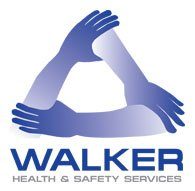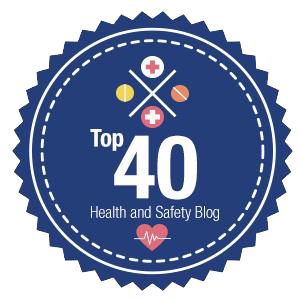- In England and Wales, modern slavery is defined within the Modern Slavery Act 2015 (similar legislation exists in Scotland and Northern Ireland). It includes the crimes of slavery, servitude, forced or compulsory labour and human trafficking.
- Slavery is found throughout the UK. Victims come from every nationality, including people who are British and those who have a right to work in the UK.
- The Modern Slavery Act 2015 requires all businesses with an annual turnover of more than £36 million supplying services or goods to the UK to publish an annual statement outlining the steps taken by the business to ensure its supply chains are free from slavery.
- Although there is no set format for a modern slavery and trafficking statement, the Act defines the minimum requirements and suggests what should be covered.
- Good practice within supply chains and procurement can help deter and protect against instances of slavery within the supply chain.
- Organisations should have a clear policy on how to respond to potential cases of slavery.
- Sector-specific initiatives such as the Construction Protocol are designed to tackle slavery in the construction industry.
Employers’ Duties
- Under the Modern Slavery Act 2015, and its equivalents in Scotland and Northern Ireland, companies with a turnover of more than £36 million who provide goods or services within the UK are required to publish an annual human slavery and trafficking statement.
- All companies, regardless of size, have a duty to ensure that they are not complicit in any act of human slavery or trafficking and that their employment practices do not infringe on human rights. They have a moral responsibility to ensure that their supply chains are free from modern slavery.
- All companies must ensure that employees have a right to work in the UK and that their documentation is valid.
Employees’ Duties
- Employees should abide by any Codes of Conduct or policies relating to anti-slavery and human trafficking initiatives.
- To be vigilant at work and, where instances of slavery are suspected, employees should report these to the relevant authorities.
Training
Training is an important part of any programme to raise awareness of modern slavery and to give employees the knowledge and competencies they need to spot the signs, know what to do if modern slavery is suspected, and conduct their work in a way that proactively reduces risk.
It should be carried out at every level within the business — from management to construction site workers — and should be specific to the area of work. Training for procurement professionals, for example, is going to be different to that of site supervisors.
Contact us if you require training or guidance with this topic.









